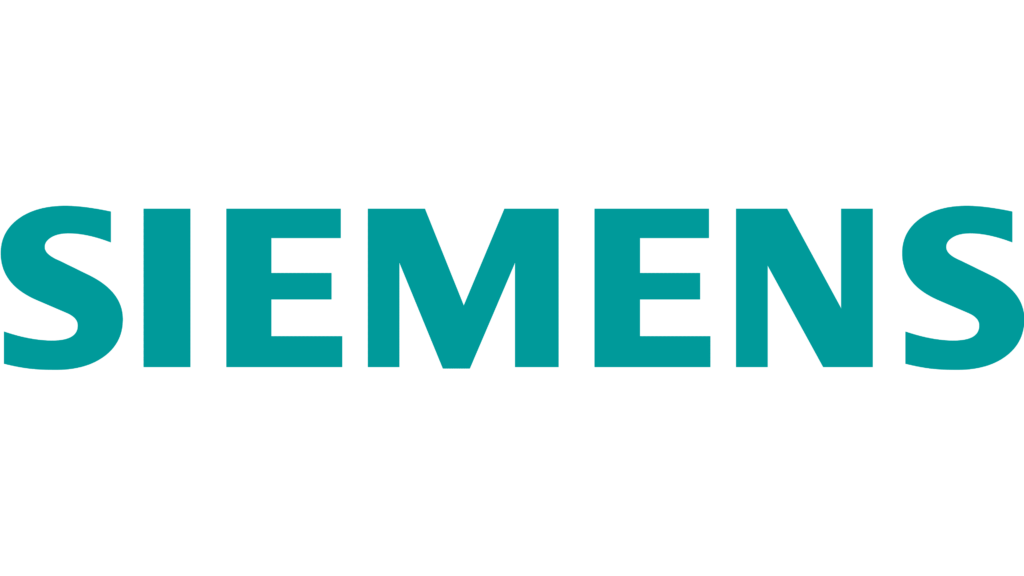
According to senior executives at German manufacturing giant Siemens AG, India is actively addressing infrastructure challenges that have historically hindered its manufacturing growth, positioning the country to emerge as a top global manufacturing hub.
Cedrik Neike, a member of Siemens AG’s managing board and CEO of Digital Industries, emphasized India’s strategic importance, highlighting the country’s imminent rise as a significant global player. “It (India) has always been important, but it’s on the brink of being an absolute major player, and we will do everything we can to support India’s growth and success,” Neike told ET.
Sunil Mathur, managing director and CEO of Siemens India, pointed out India’s substantial capital expenditure (capex) commitments, with approximately 60% expected from the public sector and 40% from the private sector in the coming years. “There are not too many countries in the world that are spending $1.2 trillion of capex, so you will get the entire world coming in wanting to participate in India’s growth story,” Mathur stated.
Siemens is actively engaged in discussions with leading entities like the Tata group to design supply chains for semiconductor manufacturing. Additionally, Siemens is exploring partnerships with other firms for the design of semiconductor and battery factories, as well as product and production process design.
Neike highlighted India’s robust talent base, particularly in AI-centric development, emphasizing the country’s significance beyond being merely an “extended workbench” for Siemens. He underscored the pivotal role of Siemens’ Pune software center, which is globally recognized for its integration and innovation.
Neike also discussed the broader economic landscape, noting the importance of efficiency and sustainability in driving businesses towards artificial intelligence (AI) solutions. Siemens is leveraging AI internally to enhance efficiency, simplify products, and harness its extensive data for industrial and energy sectors.
In the context of global investments, Neike emphasized the significance of semiconductor manufacturing amid the AI revolution and geopolitical shifts. He also highlighted key focus areas for Siemens, including advancements in pharmaceuticals towards personalized medicine and the transition from internal combustion engines to electric vehicles in mobility.
Despite global economic variances, Neike highlighted India’s resilience in the discrete manufacturing segment and emphasized the energy sector’s growth driven by sustainability efforts and electrification needs, positioning mobility for a sustained upward trend.